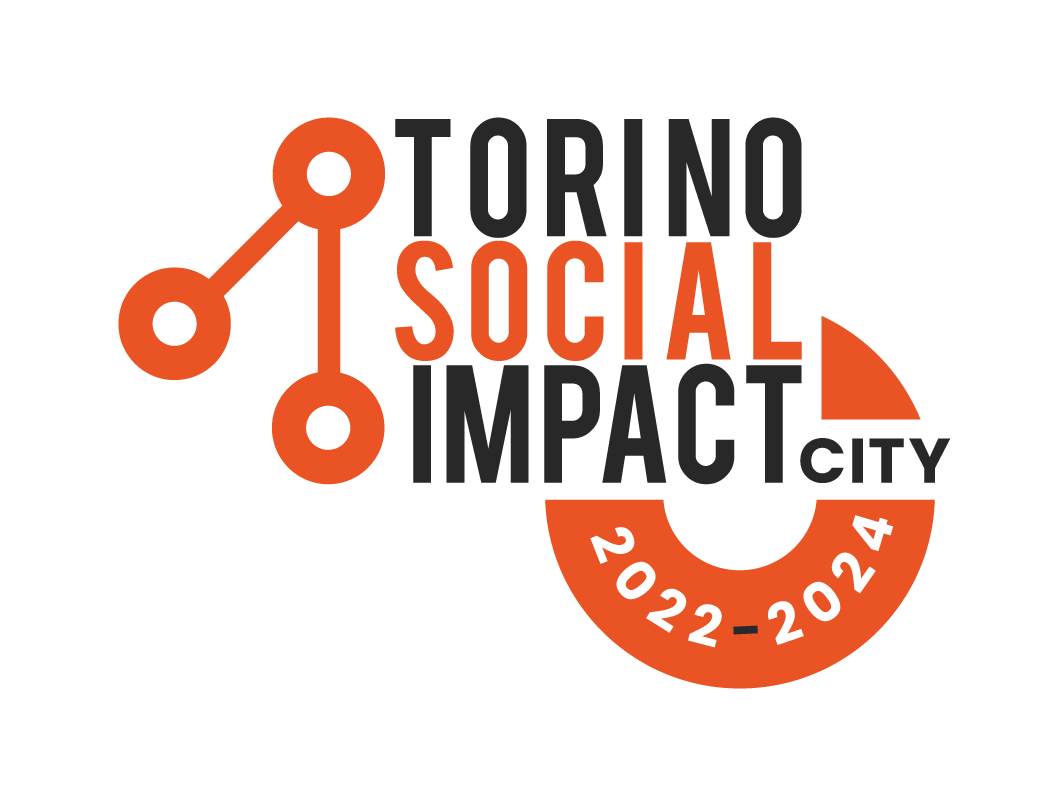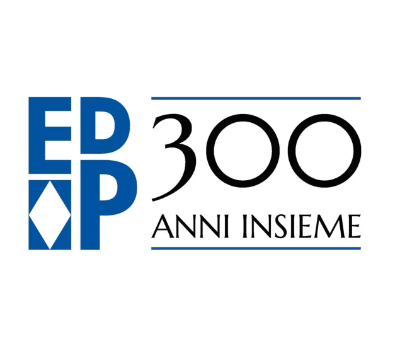Fondazione Educatorio della Provvidenza ETS has a three-century-long history, founded in 1722 to incorporate the needs of the weaker sections of the population, it has changed from time to time, with respect to their needs, its being a philanthropic institution in the different historical periods it has gone through.
From the distant years in which it housed and ensured the survival of orphaned girls and/or those lacking adequate parental care in 18th-century Turin, to the present day’s implementation of educational and preventive activities for the healthy growth of adolescents and boys, paying attention to their critical needs, the institution has evolved in its organization and structure by modulating its actions with the changes in the ways in which philanthropy in turn has evolved throughout history.
The action of the Educatory, in building future prospects for the benefit of the most fragile individuals, moves from three actions that constitute the ripe fruits of its historical roots:
- Social inclusion of the weak subjects who experience human, psychological and social discomfort, considering their criticalities, but above all, following the dictates of Amartya Sen, taking into account their abilities, resources, and will to positively modify their lives in order to implement with them projects that improve their condition.
- Change in order to overcome models of intervention that are now inadequate to provide effective responses to the needs of the weak.
- Creative action in order to give life to interventions that know how to enhance the experiences and concretize the proposals of both the weak subjects and the different “actors” who take care of them, making sure that intelligences and skills of all build effective interventions aimed at improving the quality of life of the community.
In order to achieve its mission, the Educatorio proposes itself, to all entities and associations of all kinds that will be its interlocutors and collaborators, as a laboratory of thought and innovation and production of knowledge, making available the wealth of resources and experiences that have increased over the centuries, and that are embodied, today, in its current activities, a point not of landing, but of departure for future commitment.
THE AREAS OF INTERVENTION
Youth well-being and combating addiction
We have been developing youth wellness and addiction prevention projects since 2002, in collaboration with public partners – Asl City of Turin, Prevention Area of the Addiction Department and with educational institutions – involving more than 4,000 students, teachers and parents each year.
Since 2022, we have been among the five accredited private social service organizations working together with public service workers in the new Regional Center for Prevention and Health Promotion of Piedmont – based inside the Providence Educatory – aimed at creating multimedia paths in the area of behavioral and non-behavioral addiction prevention for children aged 6 to 19.
Education in the nine technologies
The proposed project is part of a well-established path, started by the Educatorio as early as 2013, of New Technology Education and Cyberbullying Prevention, aimed at primary and secondary schools, which has benefited over the years from the collaboration with Co.Re.Com, the Computer Crimes Squad of the Piedmont and Aosta Valley Postal and Communications Police, the Neighborhood Unit of the Municipal Police, the USR, the National Cinema Museum Association and the Reggia di Venaria.
Since 2018, the Project has benefited from the contribution of the CRT Foundation.
Psychological Desk
The free Psychological Desk was born in 2000 and has established itself in the area as a solid point of reference both for disorders in the individual or family sphere and for teachers in the exercise of their educational role towards minors, with a preventive perspective on the Internet, online games, substances, and alcohol. Managed by a multidisciplinary team composed of psychologists and psychotherapists, supported by educators and planners.
Street and community education table
Active since 2011 with periodic meetings to monitor and read possible educational interventions in informal contexts of the territory and in spontaneous places of aggregation that need redevelopment, taking into account the needs of today’s minors and youth. A network that proves to work synergistically by implementing the different competencies and collaborative skills, verifying in them as much the processes as the results for a complete transparency of social action.
Family Services
In order to offer families a valid opportunity for care and entertainment for their children in the difficult reconciliation of work and life times, and intending to enhance the time free from school with quality training and educational opportunities, the services of Summer Youth and After-School – study support are active.
House of Culture
As indicated by the European 2030 Agenda, culture is a regenerative force for community transformation, and cultural participation is the engine for improving people’s well-being. In the awareness of the social value of culture as an engine for overcoming inequalities and an impact action on the well-being and health of the population, we promote and propose paths of approach to art forms for children and young people as image education-video, photography, graffiti-, musical expression as well as, for users of all ages; jazz music concerts, classical music, book presentations, lectures and theatrical performances.
Working table: technological innovation at the service of society
Technology has always had a strong impact on our society, and never before can this be seen in everyday life. With this table, Educatorio Della Provvidenza wishes to bring together experts from different backgrounds so that they can outline paths for implementing emerging technologies in the social sphere. Blockchain, artificial intelligence models, social media and big data are some areas where the impact on society is most evident and where scenarios are opening up in which EDP believes it can play an active and constructive role, serving society.


